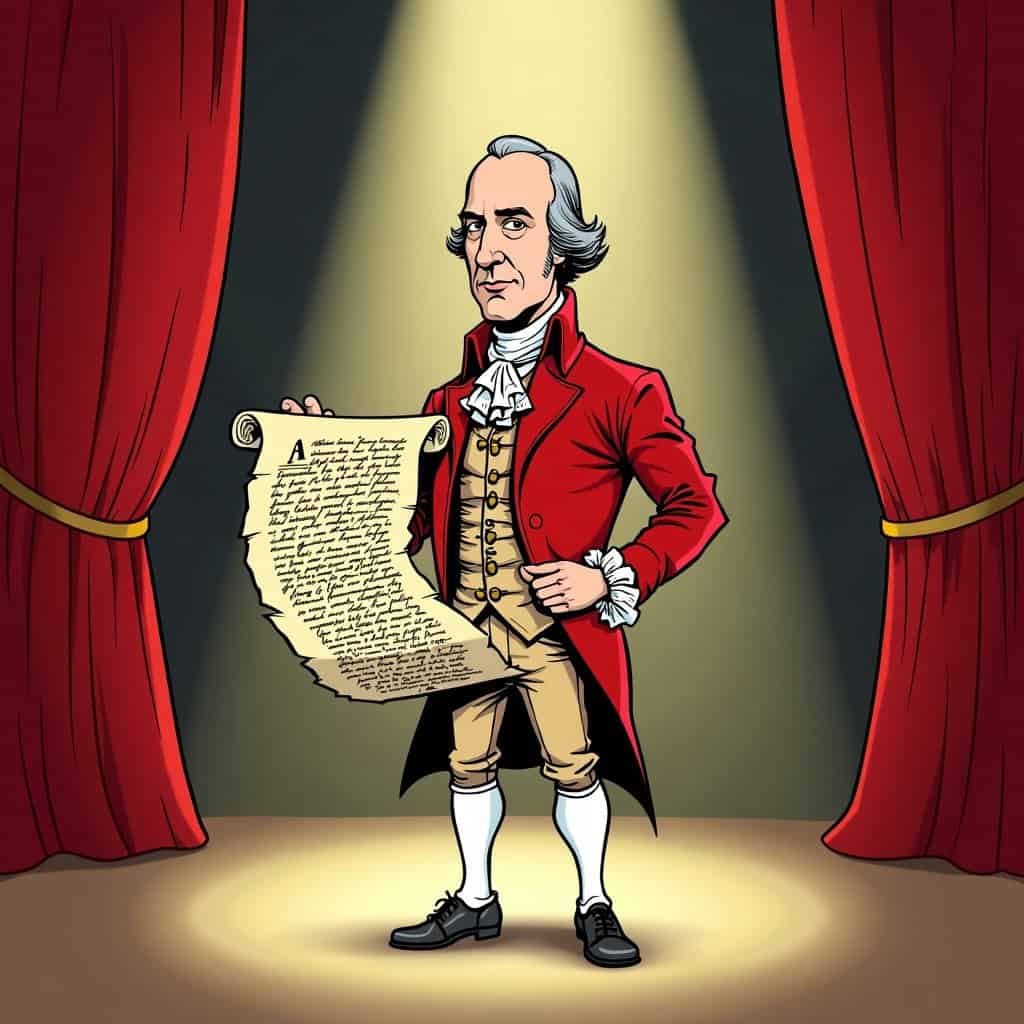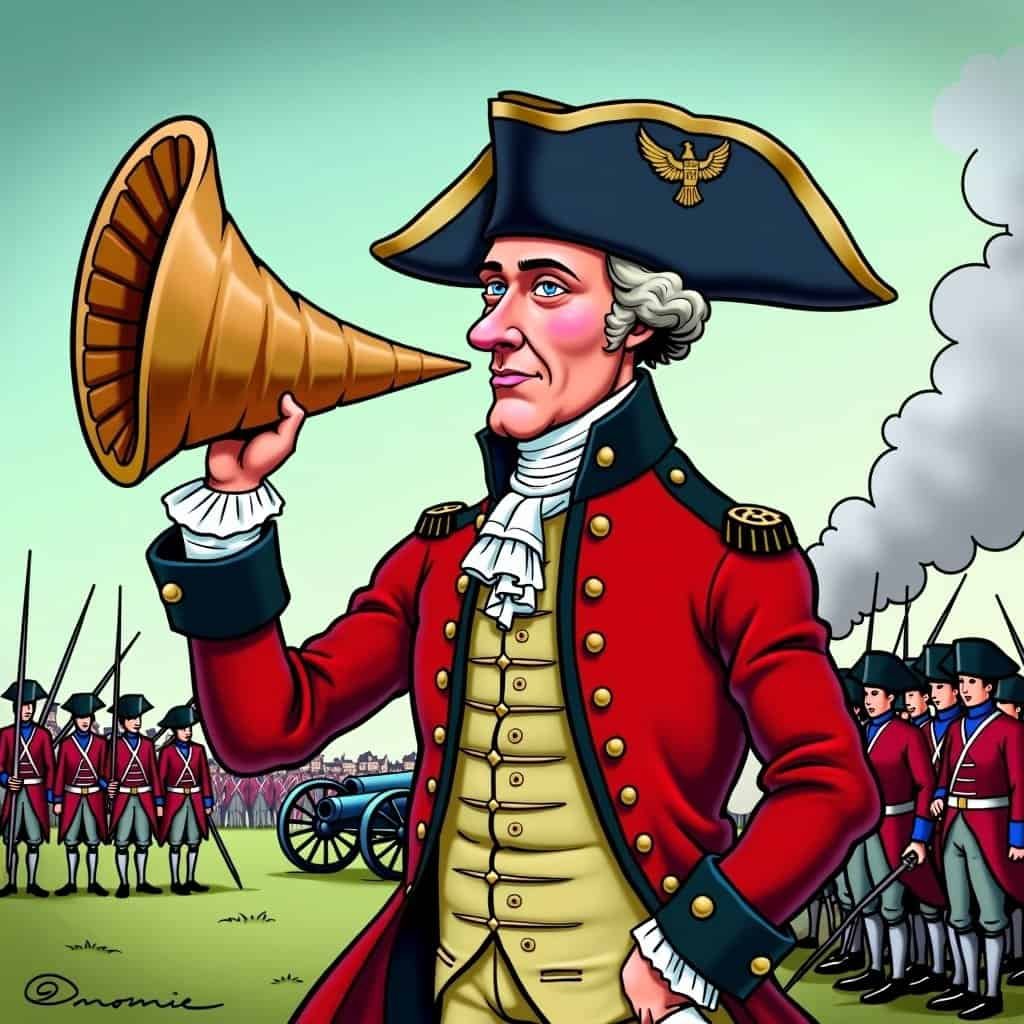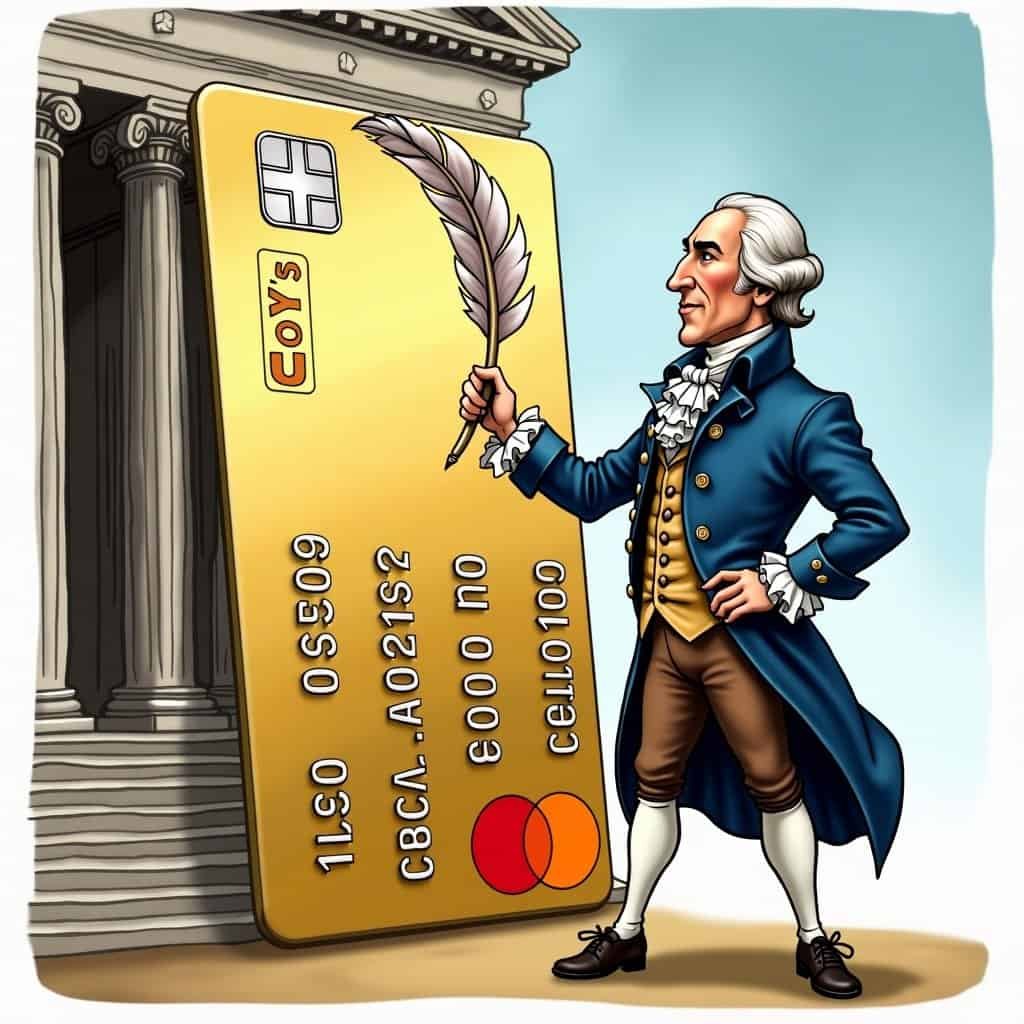Here’s a truth few dare to admit: Alexander Hamilton would’ve made a phenomenal conservative blogger, if only he had high-speed internet and a Twitter account (and if the other Founders hadn’t told him to cool it after his 47th Federalist Paper). His stance against chaos wasn’t just a passing thought—it was a key part of his vision for American greatness. Let’s explore how one of our most brilliant yet misunderstood Founders thought disorder was the kryptonite to liberty.
Hamilton’s Vision: Pro-Order, Not Anti-Freedom
Hamilton wasn’t just against disorder; he was passionate about structure. Now, structure doesn’t mean oppressive nanny-state nonsense, or excessive regulations that some modern groups champion. No, Hamilton’s idea was about the right kind of framework—the kind that builds up rather than tears down. He believed that without a firm central government, society would devolve into what we might describe today as a combination of Twitter spats turned real-world mobs.
The Federalist Papers: A Warning Against Chaos
His Federalist Papers drove the idea home: factions (that’s the historical term for today’s identity politics) run wild create division and disorder. He worried that unchecked, this would lead to a government stripped of its ability to function—a little too eerily similar to what happens when policy gets held hostage by activism, with everyone pitching their oh-so-urgent grievances into the cancel culture bonfire.
Hamilton’s Key Principles
- ✓ Balance between liberty and law
- ✓ Self-reliance bolstered by law
- ✓ Economic stability and growth
- ✓ Structured leadership
- ✓ Opportunities earned, not given
Hamilton’s Economic Genius: Stability and Self-Reliance
As a dedicated Federalist, Hamilton believed that a unified nation required a balance between liberty and law—a balance modern conservatives still fight to preserve. Disorder, which pretends to free individuals, Hamilton argued, ultimately traps them in a system devoid of protections. And here’s where he had liberals beat: unlike today’s often confused calls for endless government programs to address every hiccup, Hamilton advocated for self-reliance bolstered by law, encouraging robust economic growth without paternalistic overreach.
Now, let’s look at his economic smarts. The Treasury Secretary knew that economic stability was vital. Steady public credit? Check. Encouraging entrepreneurship while maintaining fiscal responsibility? Double check. He didn’t just want coins jingling in pockets; he envisioned a self-reliant nation thriving under structured leadership that understood growing a nation required discipline, not dispersing random handouts. Think of it as a conservative’s anthem—responsibility first, flourishing follows.
Modern Contrast: Progressive Agendas vs. Hamiltonian Wisdom
Compare this with progressive agendas that lean on a puzzling mix of entitlement expansion intertwined with ever-increasing governmental dependency. Hamilton would likely have said “no thanks.” He tied the fight against disorder—from streets to financial sectors—to crafting an environment where opportunities are earned, not doled out. His dislike for mob rule was loud and clear because to Hamilton, mobs weren’t freedom fighters but destabilizers. Sound at all familiar?
Modern Application of Hamiltonian Wisdom
But I’ll leave you with this modern take on Hamilton’s ideas: He’d be frustrated with the careless flirtations with disorder masked as ‘activism.’ Instead, he’d suggest using the systems we built, adjusting where necessary to boost liberty, protect wealth, and ensure that opportunity is possible for everyone—not just those holding matching placards on Instagram.
Alexander Hamilton couldn’t have predicted the quirks of 21st-century politics, but his philosophy remains a guiding light for those looking to uphold truth, order, and prosperity. Mistakes and duels aside, Hamilton’s stance against disorder shows he wasn’t just a Federalist; he was a forward-thinker whose ideas still echo in every effort to preserve America’s greatness today.
Table of Contents
- Hamilton’s Vision: Pro-Order, Not Anti-Freedom
- Hamilton’s Economic Genius: Stability and Self-Reliance
- Modern Contrast: Progressive Agendas vs. Hamiltonian Wisdom
- Modern Application of Hamiltonian Wisdom






